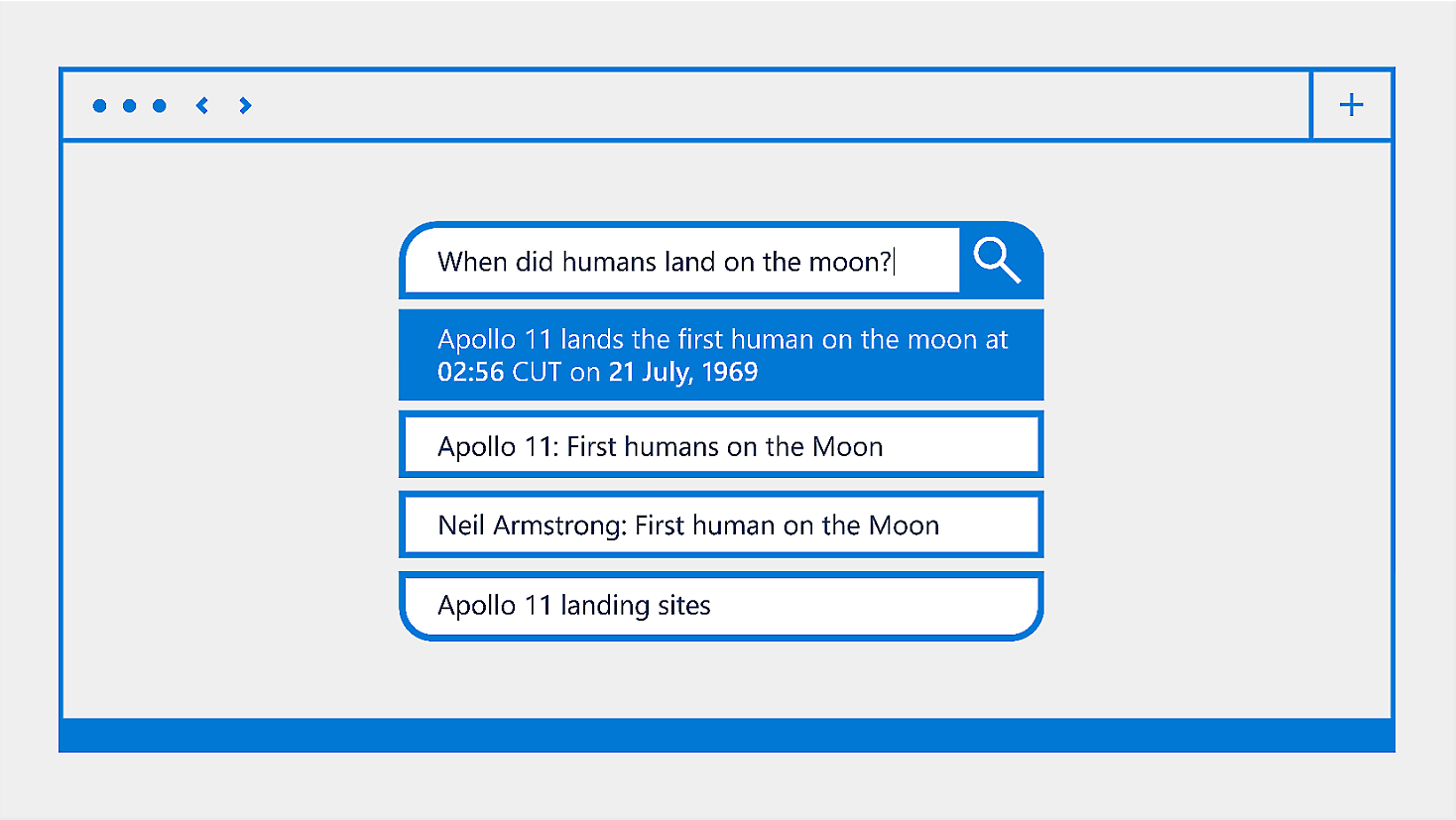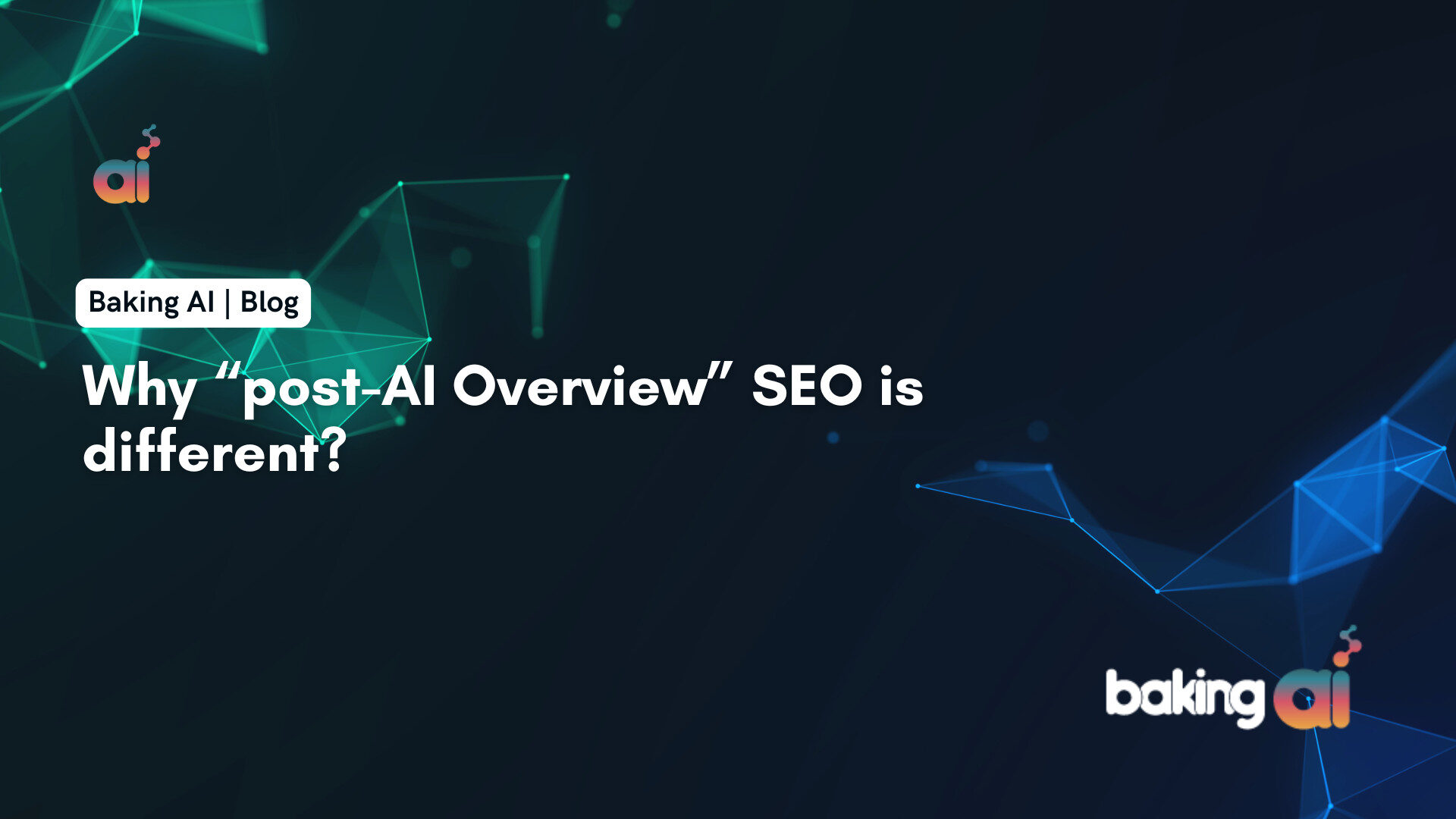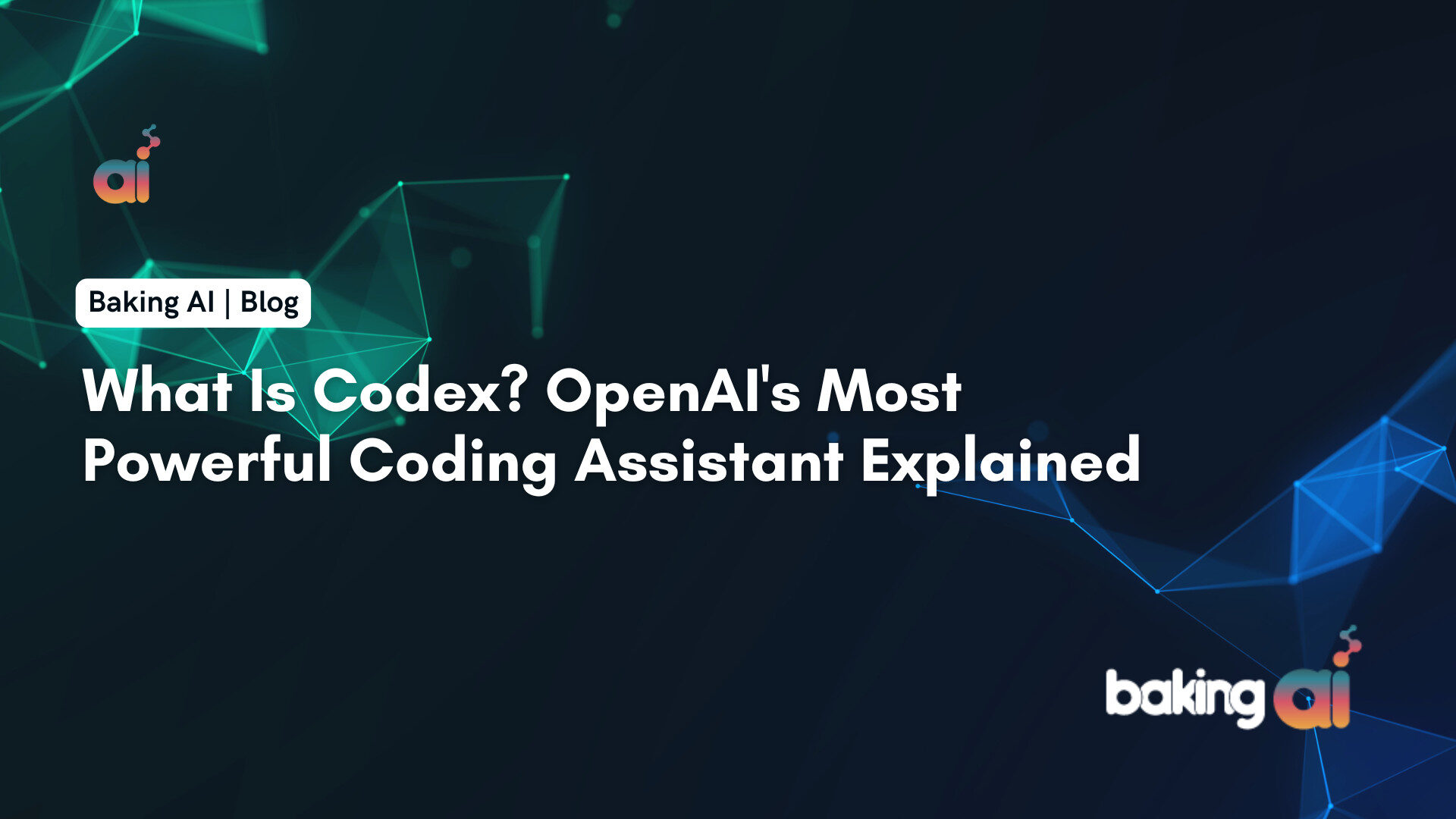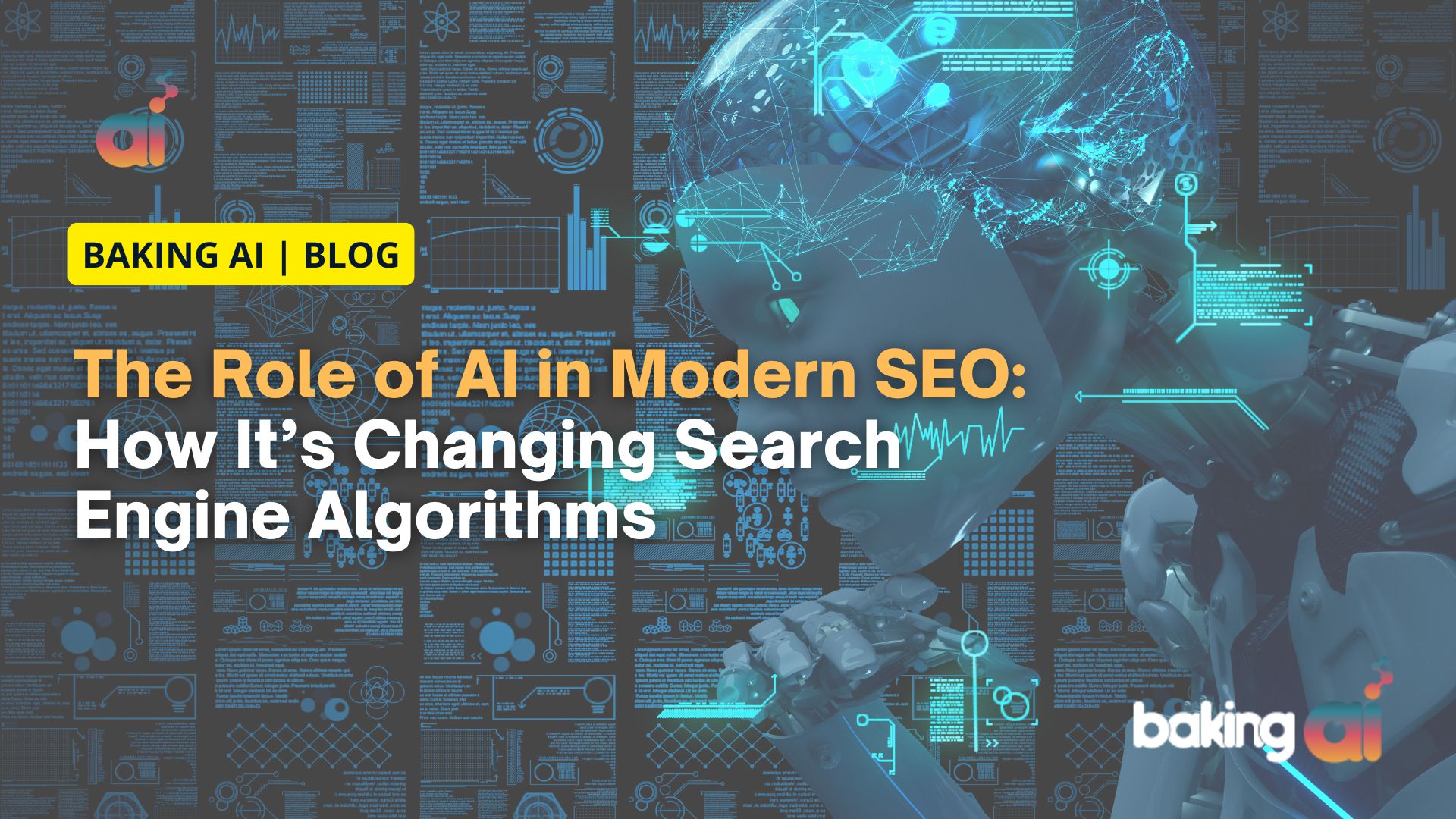In the rapidly evolving digital age, businesses are in a constant race to stay ahead of the curve. They are always on the lookout for innovative technologies that can provide them with a competitive edge and enhance customer experiences. One such groundbreaking technology that is transforming the way businesses operate is Azure Cognitive Services. This comprehensive suite of cloud-based artificial intelligence (AI) services empowers businesses to harness the potential of machine learning and natural language processing to analyze and interpret vast amounts of data.
In this article, we will delve deeper into the possibilities of Azure Cognitive Services, with a particular focus on sentiment analysis and the new feature of Azure Cognitive Services private endpoint.
What are Azure Cognitive Services?
Azure Cognitive Services is a collection of AI services provided by Microsoft Azure, one of the leading cloud service providers. These services are designed to enable developers to seamlessly incorporate AI capabilities into their applications without the need for extensive knowledge in machine learning or data science. This democratization of AI technology is a game-changer, allowing even small businesses to leverage the power of AI.
Azure Cognitive Services offers a wide range of services, including vision, speech, language, and decision-making capabilities. The vision services, for instance, can analyze images and videos to identify objects, faces, and even emotions. The speech services can convert spoken language into written text and vice versa, enabling applications to understand and respond to voice commands. The language services can understand and generate human-like text, enabling applications to interact with users in a more natural and intuitive way. The decision services can help applications make complex decisions, such as recommending products or detecting fraudulent transactions.
Sentiment Analysis with Azure Cognitive Services
One of the most powerful features of Azure Cognitive Services is its sentiment analysis capability. Sentiment analysis, also known as opinion mining, is the process of determining the sentiment expressed in a piece of text, such as a customer review or social media post. This is a crucial tool for businesses in the era of social media, where customers often express their opinions and experiences with products and services online.
With Azure Cognitive Services, businesses can analyze large volumes of text data to gain insights into customer opinions and sentiments. This can help businesses understand how customers feel about their products or services, identify areas for improvement, and make data-driven decisions. For example, a company can use sentiment analysis to analyze customer reviews and identify common pain points. This information can then be used to improve product features or customer service, ultimately leading to increased customer satisfaction and loyalty.
Azure Cognitive Services provides a simple and intuitive API for performing sentiment analysis. Developers can easily integrate this API into their applications to analyze text data and retrieve sentiment scores. The sentiment scores range from 0 to 1, with 0 indicating negative sentiment and 1 indicating positive sentiment. This allows businesses to quantify and track customer sentiment over time, providing a clear and objective measure of customer satisfaction.
Azure Cognitive Services Private Endpoint
Azure Cognitive Services private endpoint is a new feature that significantly enhances the security and privacy of Azure Cognitive Services. With a private endpoint, businesses can securely access their Cognitive Services resources over a private network connection, rather than over the public internet. This ensures that data sent to and from Azure Cognitive Services remains within the organization’s private network, significantly reducing the risk of unauthorized access or data breaches.
This feature is particularly beneficial for businesses that handle sensitive data or operate in industries with strict compliance and regulatory requirements, such as healthcare or finance. By using Azure Cognitive Services private endpoint, these businesses can ensure that their use of AI services complies with industry standards and regulations. It also provides an additional layer of security for sensitive data, such as customer information or trade secrets, further enhancing the trust and confidence of customers and stakeholders.
Setting up Azure Cognitive Services private endpoint is a straightforward process. Businesses can create a private endpoint within their Azure Virtual Network and associate it with their Cognitive Services resource. Once the private endpoint is set up, applications within the same virtual network can securely access the Cognitive Services resource using its private IP address. This not only enhances security but also improves performance by reducing the latency associated with accessing resources over the public internet.
How it Simplify development and delivery of search solutions
Simplify the process of data ingestion and search-index creation through seamless integration with Azure storage solutions, along with easy-to-use RESTful APIs and SDKs. Set up a fully equipped search service featuring user-friendly experiences such as scoring, faceting, suggestions, synonyms, and geo-search. Bypass the operational burden of troubleshooting index corruption, monitoring service availability, or manually scaling during traffic variations.
How to Surface the most relevant results for your users
Leverage advanced deep-learning models from Microsoft Research and Bing to deliver contextual and relevant results in your applications. Use the power of semantic search to gain a deeper understanding of your customers’ search intentions, provide significantly improved results, and foster deeper customer engagement.
Semantic search not only enhances knowledge mining but also provides summary results, offering your users quick snippets of information without the need to scroll through numerous results.

Creating next-generation apps with Azure OpenAI Service
Integrate Azure Cognitive Search with Azure OpenAI Service to apply cutting-edge AI language models to your search solutions, using your own data as the foundation for responses. Leverage conversational language for retrieving knowledge-base of enterprise data with ChatGPT, a feature available in Azure OpenAI Service.
Customizing the search capabilities with AI integrations
Adapt the search experience to cater to your organization’s specific needs. Azure Cognitive Search provides a range of customizable features such as extraction of key phrases, detection of language, optical character recognition (OCR), analysis of images, translation, and role-based access control (RBAC).
By integrating with Azure AI services including Speech, Vision, Language, and Azure OpenAI Service, you can further enhance the transformation of raw, unstructured data into content that is easily searchable.

Conclusion
In conclusion, Azure Cognitive Services is more than just a technology; it’s a strategic asset that can propel business growth and innovation. As an AI-service provider, Baking AI recognizes the transformative potential of these services. We believe that by harnessing the power of Azure Cognitive Services, businesses can not only stay ahead of the curve but also shape the future of their industry.
We invite you to explore the possibilities with us. Visit Baking AI to learn more about how we can help you leverage Azure Cognitive Services to unlock new opportunities, improve operational efficiency, and deliver exceptional customer experiences. Let’s embrace the future together with Baking AI.











